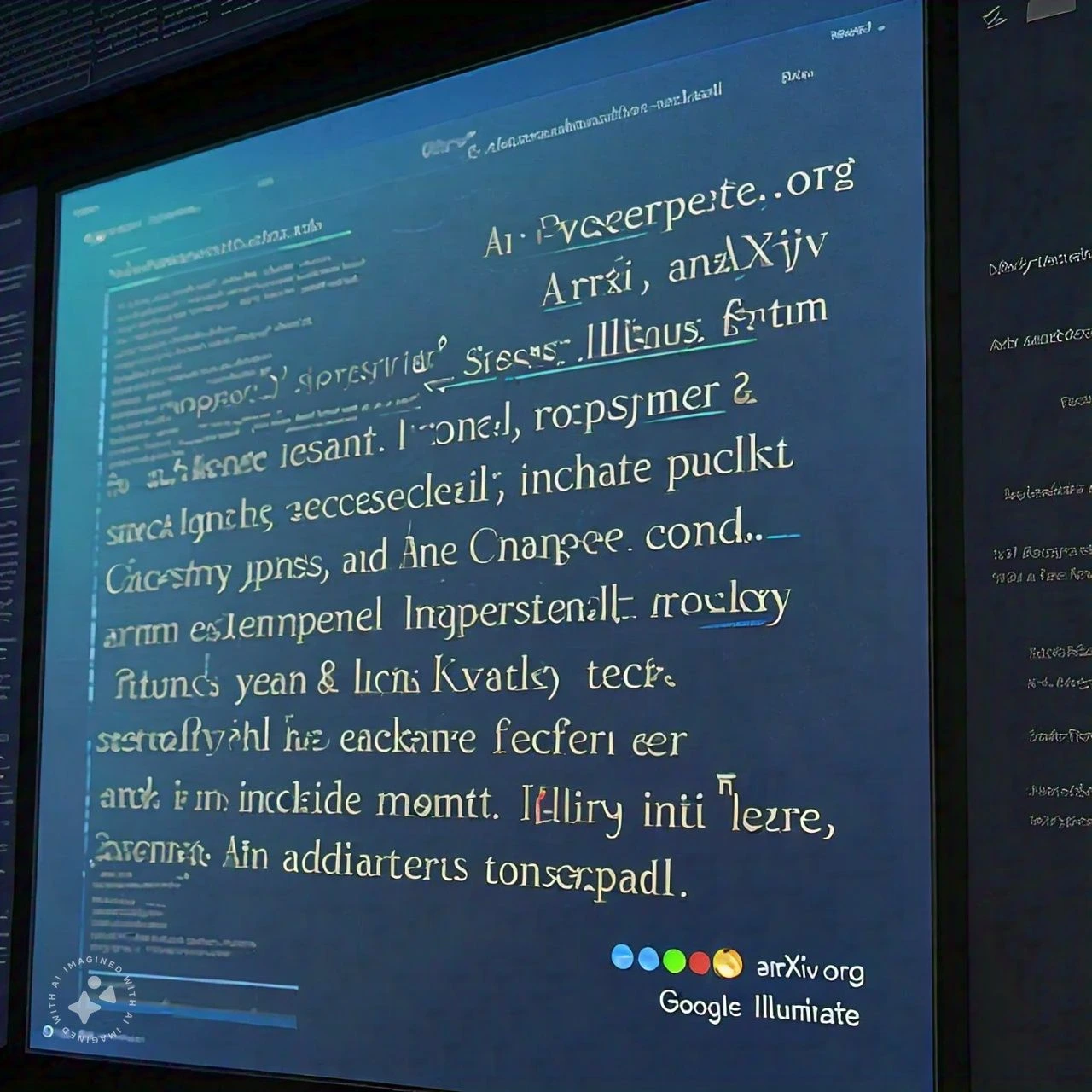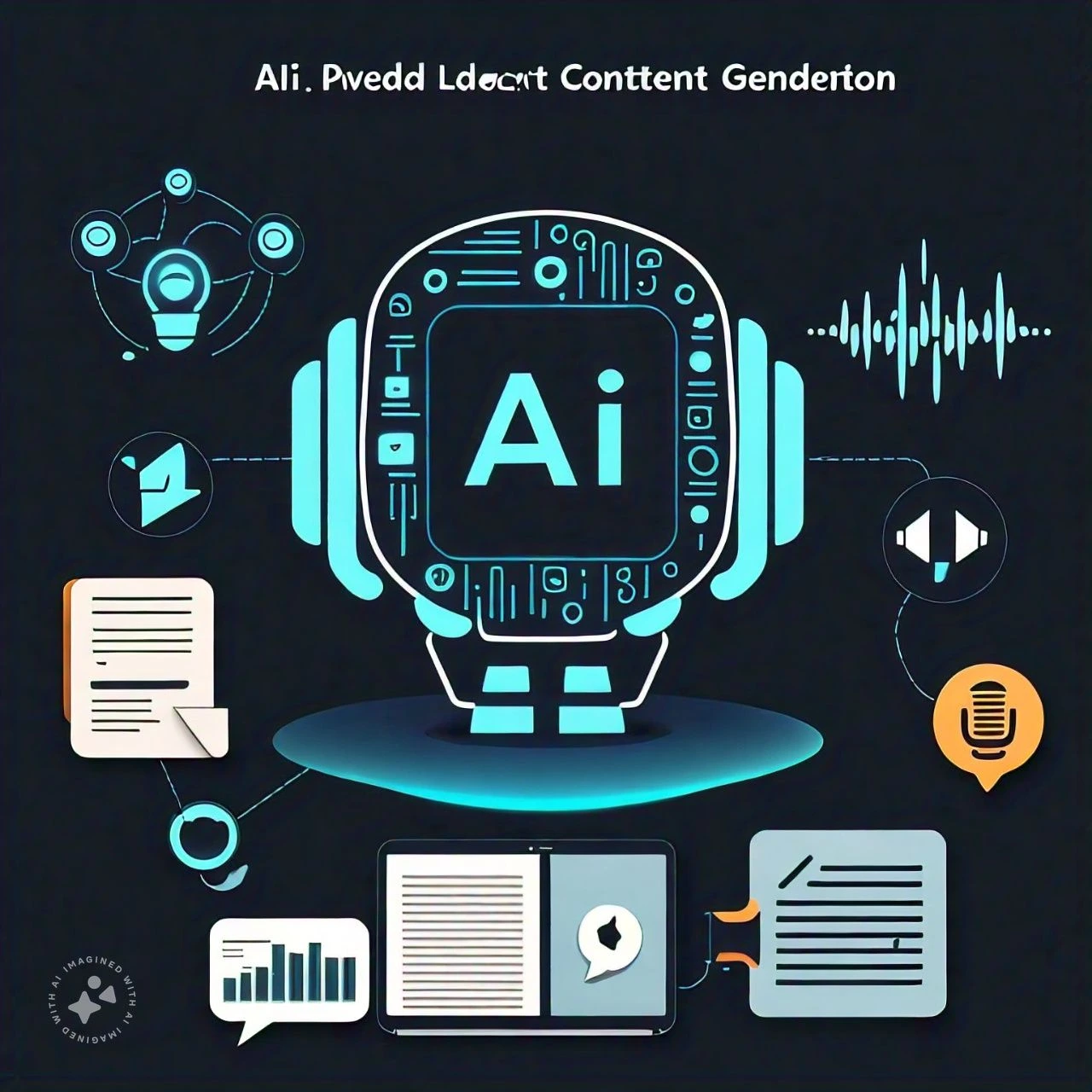Are you struggling to understand complex academic research? Drowning in technical jargon and dense scientific papers? Imagine transforming those intimidating documents into engaging, conversational podcasts you can easily digest. Google’s latest AI tool, Illuminate, is here to bridge that knowledge gap.
By converting intricate scientific research into listener-friendly audio content, it’s making academic learning more accessible and enjoyable than ever before. Whether you’re a student, researcher, or curious learner, Illuminate promises to turn complicated information into an entertaining learning experience.
What is Google Illuminate?

Google Illuminate is an AI-powered podcast generation tool that transforms academic research into conversational audio content. Developed as part of Google’s ongoing AI research initiatives, the tool specifically focuses on converting scientific research from arXiv.org into digestible podcast-style conversations.
Key Features of Google Illuminate

- AI-Powered Content Generation
- Utilizes Google’s Gemini AI model
- Boasts an impressive 2 million token context window
- Capable of processing large volumes of academic text
- Flexible Input Options
- Search AI for a topic
- Upload PDF documents
- Input web addresses
- Combine multiple input sources
- Customizable Podcast Generation
- Adjust output settings
- Create content for different audience levels
- Modify tone and length of the podcast
The Technology Behind Illuminate

Gemini AI: A Game-Changing Context Window
What sets Google Illuminate apart is its use of the Gemini AI model, which offers a context window twice the size of its competitors. This massive capacity allows the AI to:
- Ingest extensive amounts of information
- Maintain context across large documents
- Generate more comprehensive and nuanced content
Focused Scientific Content
Illuminate is currently limited to processing scientific research from arXiv.org, a strategic choice that:
- Ensures high-quality, research-backed content
- Provides a controlled environment for AI content generation
- Targets academic and research-oriented audiences
How to Use Google Illuminate
Step-by-Step Process
- Sign Up and Log In
- Navigate through the waitlist
- Create an account
- Input Research Content
- Search for a topic
- Upload PDF documents
- Provide web addresses
- Generate Podcast
- Press the Generate button
- Wait for AI to create a conversational audio podcast
- Customize Output
- Adjust settings for audience level
- Modify tone
- Set desired podcast length
Comparison with NotebookLM
Similarities
- Both are AI-powered knowledge tools
- Focus on making complex information accessible
- Developed by Google’s research labs
Key Differences
- Illuminate focuses strictly on scientific research
- NotebookLM has a broader content approach
- Different voice generation techniques
- Illuminate uses a more specialized interface
Potential Future Developments
Expanding Beyond Current Limitations
Google envisions a future where this technology could:
- Process research from multiple global sources
- Create AI-powered encyclopedias
- Generate content in various formats
- Potentially produce professional video documentaries from research materials
Limitations and Considerations
Current Constraints
- Limited to arXiv.org research
- Waitlist access
- Experimental status
- Narrow content processing capabilities
The Broader Impact of AI in Knowledge Dissemination
Illuminate represents more than just a podcast generation tool. It symbolizes a significant shift in how we consume and interact with complex academic information:
- Making research more accessible
- Breaking down complex topics
- Democratizing knowledge
- Leveraging AI for educational purposes
Conclusion
Google Illuminate is a promising glimpse into the future of AI-powered knowledge sharing. While still in its experimental stages, the tool demonstrates the potential of artificial intelligence to transform how we learn, understand, and engage with scientific research.
Looking Ahead
As AI technologies continue to evolve, tools like Illuminate may become integral to:
- Academic research
- Educational platforms
- Professional development
- Lifelong learning initiatives
Final Thoughts
Google’s Illuminate is not just a tool; it’s a testament to the transformative power of AI in making knowledge more accessible, engaging, and understandable for everyone.
FAQs About Google Illuminate: Your Burning Questions Answered
1. What is Google Illuminate?
Google Illuminate is an AI-powered podcast generation tool that transforms scientific research from arXiv.org into conversational audio content. It uses Google’s Gemini AI model to create engaging podcasts that make complex academic papers more accessible and easier to understand.
2. Is Google Illuminate free to use?
Currently, Illuminate is in a limited experimental phase with a waitlist for access. Google has not yet announced definitive pricing, but it appears to be an experimental tool that may become available more widely in the future.
3. What types of content can I create with Illuminate?
Illuminate is currently restricted to processing scientific research from arXiv.org, covering fields like physics, mathematics, biology, and economics. Users can generate podcasts by uploading PDFs, searching topics, or providing web addresses related to scientific research.
4. How is Illuminate different from NotebookLM?
While both are AI tools from Google, Illuminate focuses strictly on scientific research and podcast generation, whereas NotebookLM is more versatile and can handle various document types. Illuminate provides a more academic and research-oriented approach to content creation.
5. Can I customize the generated podcast?
Yes, Illuminate allows users to customize podcast output by adjusting settings such as audience level (beginners vs. experts), tone, and podcast length. This flexibility helps create more tailored and engaging learning experiences.


